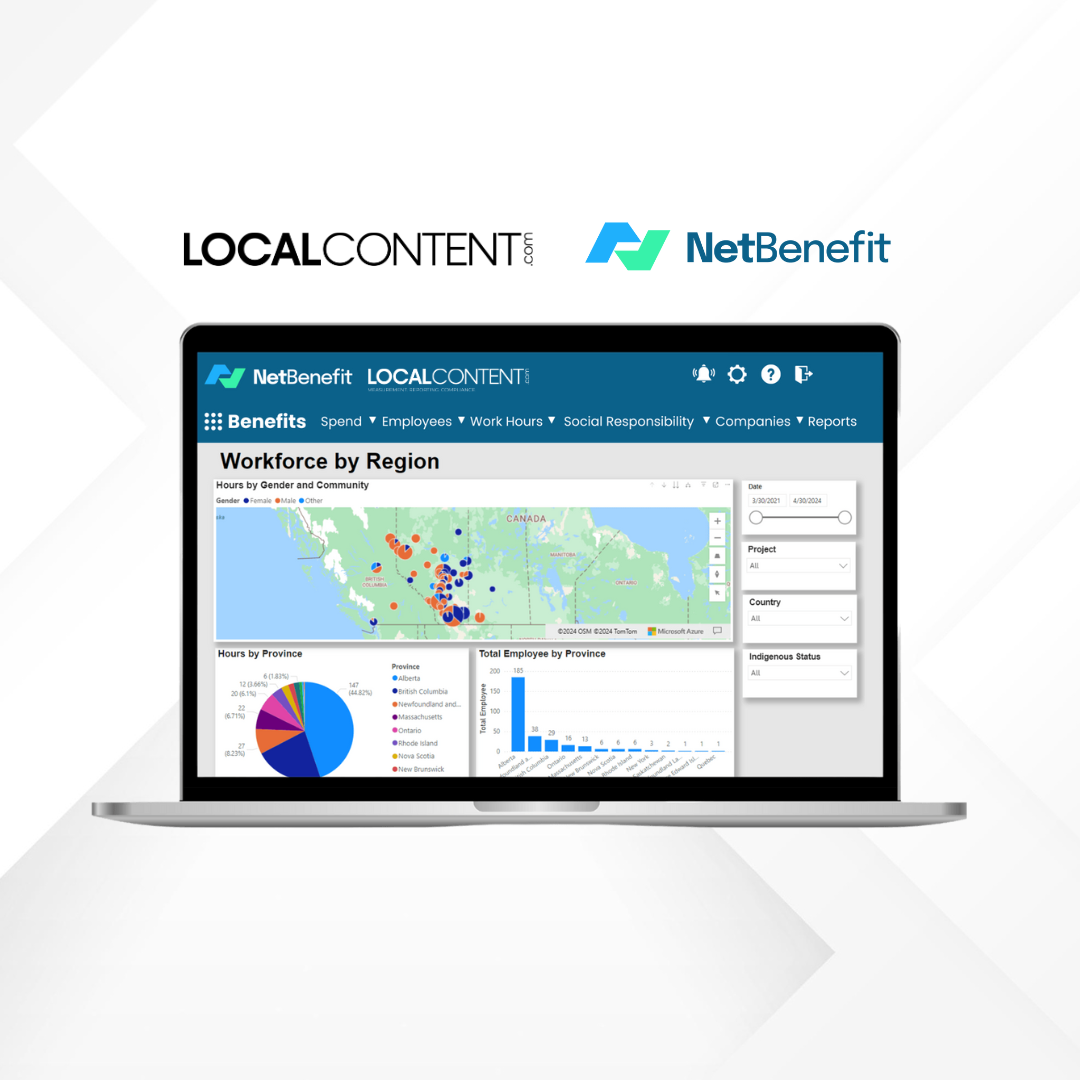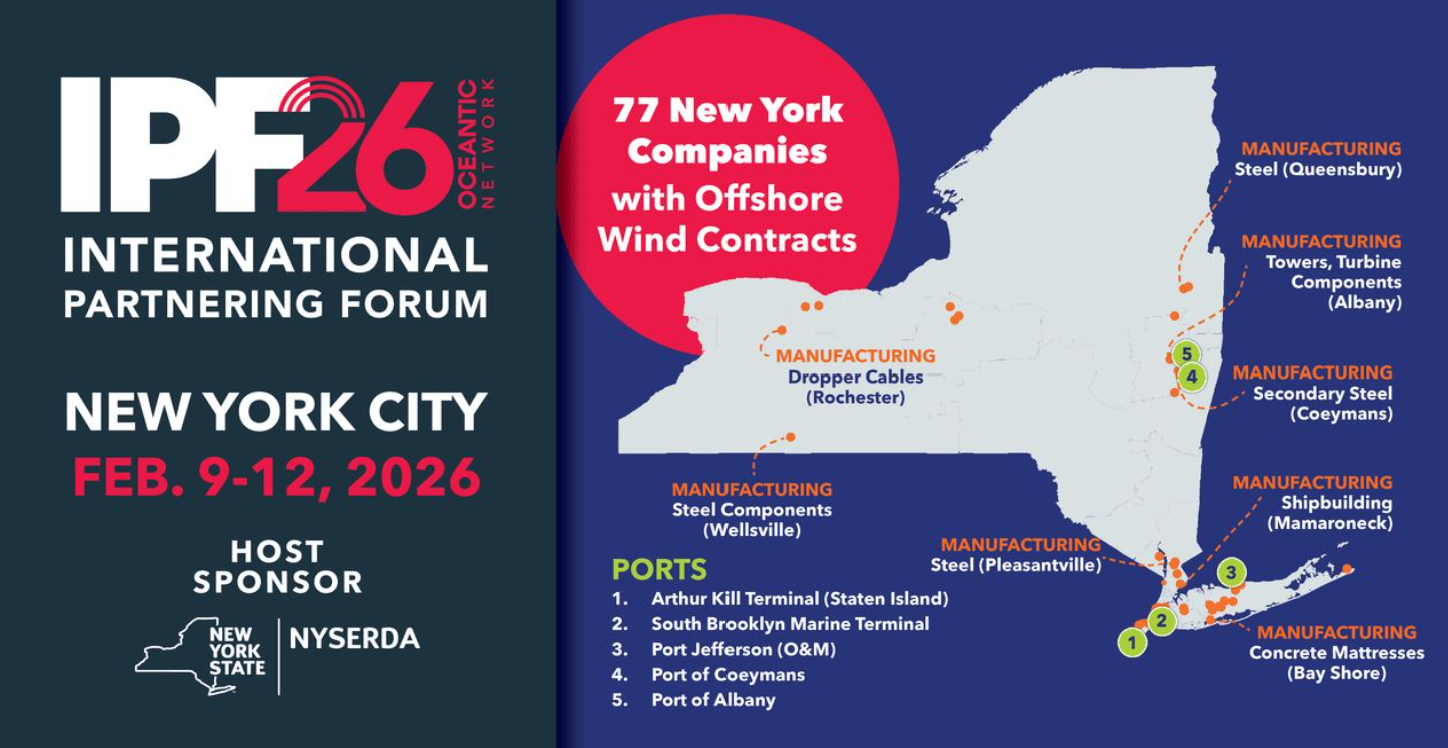Local content policies are driving significant changes in the healthcare and pharmaceutical industries. By prioritizing local small business inclusion, workforce development, and community investment, these policies are influencing how hospitals, pharmaceutical facilities, and supply chains are developed, creating opportunities for regional growth and innovation.
These changes bring substantial benefits to small businesses, nonprofits, and local communities. Local content requirements help ensure that the economic and social advantages of large-scale healthcare and pharmaceutical projects stay within the community, fostering job creation, strengthening local economies, and supporting meaningful public health programs.
The value of these policies goes beyond improving access to healthcare and medicine. They help build public trust, unlock tax incentives, and give developers and manufacturers a competitive edge. Perhaps their greatest impact is their far-reaching effect on entire regions, sparking economic activity that benefits communities for years to come.
To see how local content policies are shaping healthcare and pharmaceuticals, let’s examine three standout examples that highlight their ability to drive progress and deliver lasting benefits.
I.GlaxoSmithKline’s Vaccine R&D Hub – Rockville, Maryland

In 2016, GlaxoSmithKline (GSK) inaugurated its global vaccine R&D center in Rockville, Maryland, investing over $50 million and creating approximately 200 new jobs. The site hosts 12 vaccine development programs and serves as a cornerstone for the company’s global public health initiatives. GSK’s strategic decision to base this facility in Maryland leveraged the state’s rich biosciences talent and reinforced the importance of local content in fostering innovation and economic growth
II.Inspira Health Network’s Expansion – Mullica Hill, New Jersey

Inspira Health Network’s $350 million expansion in Mullica Hill, New Jersey, integrates strong local content policies to support both community growth and job creation. The project has driven over 500 local construction jobs, with a significant portion of contracts awarded to minority-owned and women-owned small businesses. This commitment aligns with Inspira’s broader goal of enhancing economic development in South Jersey by fostering long-term partnerships with local vendors for healthcare supplies and services. In addition to creating construction jobs, the new Inspira Medical Center will expand services like cancer care, pediatric emergency care, and angioplasty for heart attack patients. The initiative is part of a larger $20 million capital campaign to further improve healthcare access and technology in the region. This approach not only meets immediate healthcare needs but also creates lasting benefits for local businesses and the workforce.
III.NYU Langone Health’s Expansion – New York City

NYU Langone Health, a leader in healthcare in New York City, integrates local content policies in its ongoing expansion projects. With over $2 billion in capital projects over the last decade, NYU Langone has committed to allocating a significant percentage of its contracts to minority- and women-owned small businesses, including in construction, medical equipment, and supply services. These efforts have not only generated over 1,000 construction jobs but have also created long-term business relationships with local vendors, boosting economic activity in surrounding communities. Additionally, the initiative includes workforce development programs that prepare local residents for careers in healthcare administration, IT, and patient care.
These examples illustrate the dual benefits of local content policies: they address critical societal needs, such as vaccine production, while fostering economic resilience in the regions they touch. By prioritizing local businesses and workforce development, these projects not only achieve commercial and public health goals but also strengthen their host communities, creating a foundation for sustainable growth.
Local content policies, when strategically implemented, exemplify a pathway for industries to meet their goals while driving economic and social progress. These case studies from Maryland’s thriving pharmaceutical sector serve as a blueprint for other industries and regions to follow.
Learn more at Local Content Week










